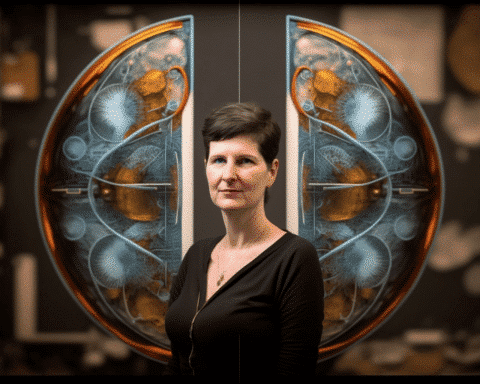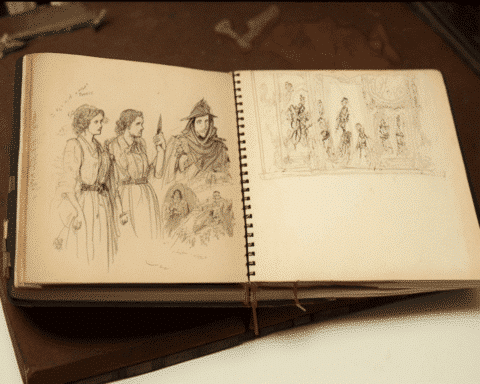Humza Yousaf was appointed as Scotland’s First Minister on Tuesday, marking the first time a person of colour has led the Scottish government and the first instance of a Muslim national leader in any Western democracy.
This landmark event follows the UK’s election of its first Hindu leader, Prime Minister Rishi Sunak, five months ago. London’s Mayor, Sadiq Khan, the son of Pakistani immigrants, leads the country’s capital city.
These three politicians exemplify the rapidly growing diversity in British politics in a nation whose colonial past has uneasily and sometimes painfully given rise to a multi-ethnic present.
“British politics now exhibits a level of diversity that is not yet seen in other European countries,” observed Sunder Katwala of British Future, a think-tank focused on identity and race.
Legislators in the Edinburgh-based Scottish Parliament voted to confirm Yousaf, 37, as First Minister following his election as leader of the governing Scottish National Party. Although Scotland is part of the United Kingdom, its semi-autonomous government holds significant authority in areas like health and education.
During his acceptance speech, Yousaf expressed gratitude for his grandparents’ journey from Punjab to Scotland over six decades ago.
Yousaf said, “Immigrants to this country with barely a hint of English, they never imagined one day that their grandson would become the next Scottish First Minister.” He added, “From Punjab to our parliament, this generational journey reminds us to celebrate the migrants who contribute so much to our country.”
The UK has not consistently recognized these contributions, as migrants have frequently faced overt and covert racism and hostility. However, British society and politics have become increasingly diverse. Approximately 18% of the population is non-white, with many individuals having ancestry in countries that were once part of the British Empire, such as India, Pakistan, and Caribbean nations like Jamaica.
Yousaf’s political career reflects the diversification across political parties, as he is a Scottish nationalist, while Sunak is a Conservative and Khan is a Labour Party member.
A Hindu prime minister or a Muslim Scottish leader means that these groups are part of ‘us’ and do not now have to decide whether to govern purely for their benefit or for everyone. It is widely believed that politicians, regardless of race, ethnicity, or gender, can represent everybody, not just their group. He added, “There’s a strong sense of confidence among ethnic minorities in Britain, but it is also reciprocated broadly.”
The increasing representation of diverse backgrounds in UK politics highlights the progress made in recent years and signals a shift in societal attitudes. As more politicians from diverse backgrounds attain vital positions, the importance of inclusion and understanding within British politics becomes even more apparent.
Integrating different cultural backgrounds into the political landscape encourages more robust and informed discussions on issues affecting various communities. This fosters a more inclusive political environment where the concerns and needs of all citizens are better understood and addressed.
In addition to the UK, other European countries are also experiencing growing political diversity. Portuguese leader Antonio Costa has South Asian roots, as does Ireland’s Prime Minister Leo Varadkar. This trend indicates that European political representation is gradually becoming more inclusive and reflective of the diverse societies these leaders govern.
Despite these strides, challenges remain for minority politicians, who must still navigate the complex and sometimes prejudiced political climate. However, the successes of figures like Yousaf, Sunak, and Khan demonstrate that progress is being made and that the barriers faced by minority politicians are not insurmountable.
As the UK and other European countries continue to embrace diversity within their political systems, the benefits of inclusivity and representation become increasingly evident. By ensuring that all citizens are fairly represented in politics, societies can foster a more cohesive and understanding environment that addresses the needs of all individuals, regardless of their background.
The appointment of Scotland’s Muslim leader, Humza Yousaf, symbolizes the UK’s expanding political diversity. This growing inclusivity reflects a broader trend across Europe, where political representation gradually becomes more reflective of the diverse societies these leaders govern. While challenges still exist for minority politicians, the successes of figures like Yousaf, Sunak, and Khan demonstrate the progress toward a more inclusive political landscape.




